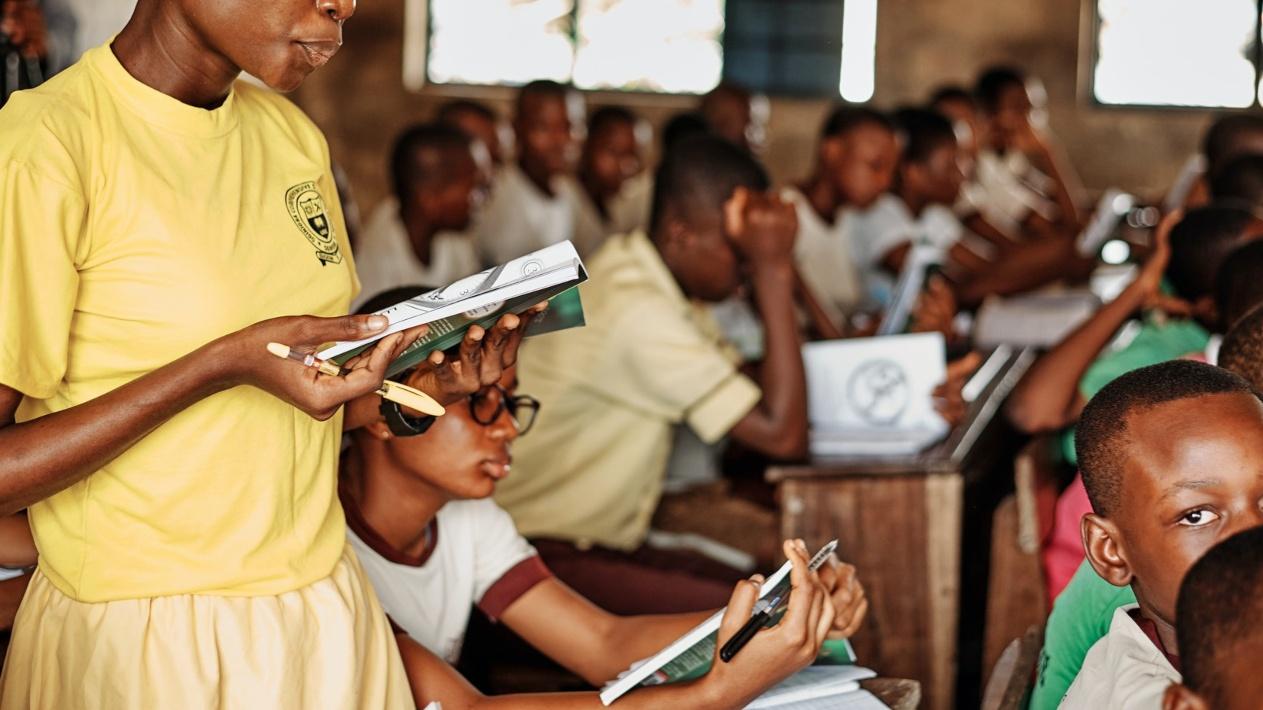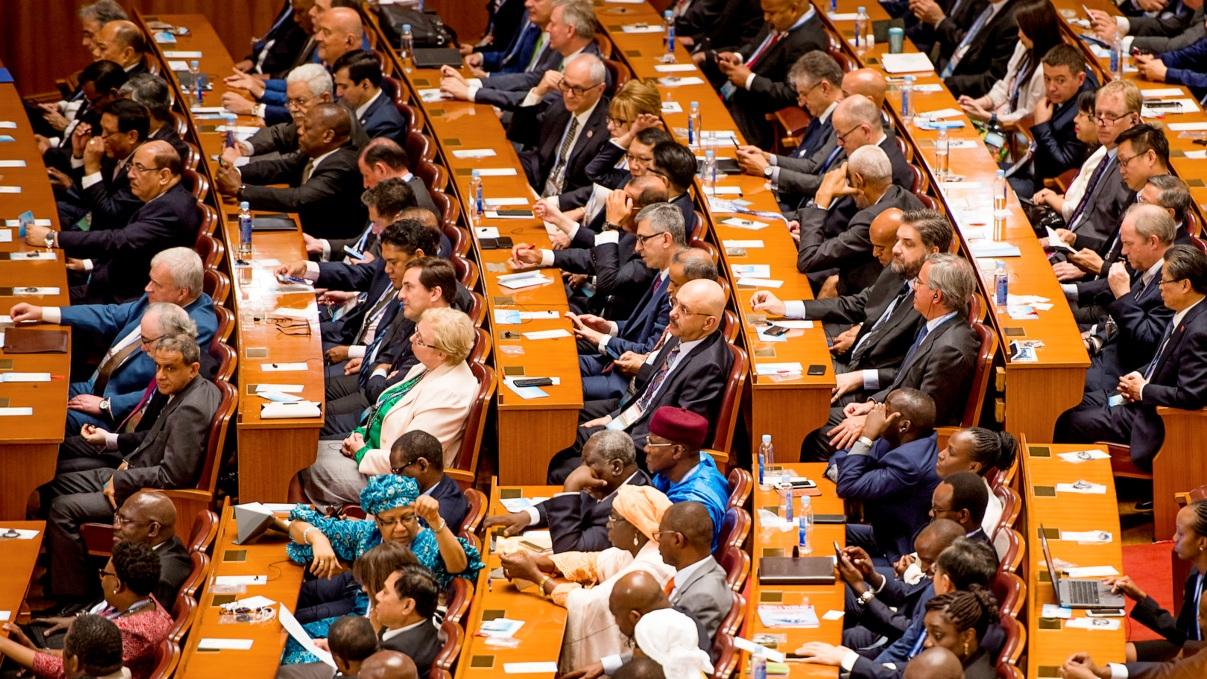Men are increasingly recognised as victims of sexual violence in conflict-affected areas. But western policy interventions in Africa, and the local programmes they influence, frequently exclude African social realities. New research in north-eastern Nigeria examines the role of spirituality in the victim-perpetrator relationship, highlighting the importance of non-western theories to produce effective policy responses.
In recent years, there has been a growing recognition of men as real or potential victims of sexual and gender-based violence in conflict, post-conflict and peacetime environments. ‘Resolution 2106’ in 2013, and other subsequent legal instruments at the United Nations Security Council, have made concrete steps in acknowledging men as potential victims of sexual violence in conflict-related settings. But the increased policy focus still lacks a sufficient understanding of the complex nature and drivers of sexual and gender-based violence against men.
There is an appreciable understanding of conflict-related sexual violence (CRSV) against women and girls in these environments. The literature is vast in this respect. Dominant media and academic framings of CRSV have too frequently relied on binary and narrow understandings; sex may be a ‘weapon of war‘, opportunistic, for pleasure, or a blend between them. While these perspectives have provided useful insights in advancing the way we think about perpetrators’ motivations, as well as the layered gender and sexual harms associated with sexual violence on conflict settings, our research explores how such approaches overlook an important ontological consideration in foregrounding complexities, particularly in a postcolonial global Southern context.
Gender-based violence and spirituality
In Africa, much like elsewhere in the world, spirituality pervades life experiences and cultural sensibilities. Our research proposes that discourses on the motivations for sexual violence, including in conflict-related settings and against men, should be interpreted through spiritual frames. In our recent article in International Affairs, we argue that CRSV should be understood as a spiritually-motivated activity perpetrated against men to obtain bodily protection, political power and material wealth. We show spirituality to be a needed and non-Western-centric lens through which to view such violence.
Our work focusses on the conflicted-affected area of north-eastern Nigeria, where the spiritual realm is an important part of many people’s social, political and economic realities. People often choose to protect themselves or seek economic and political advancements through spiritual means, such as charms, rituals and juju (black magic), or through prayers in churches and mosques. To truly appreciate men’s experiences of sexual violence in this region and Africa more broadly, it is important to move beyond Eurocentric approaches, theories and models, which in most cases offer inaccurate understanding of African realities.
We spoke to survivors and victims of sexual violence in North-eastern Nigeria, who came into contact with terrorist and insurgency groups including Boko Haram, as well as people who had been sexually violated in detention centres, internally displaced person camps and surrounding communities. In recounting their experiences, the majority of respondents stated that while perpetrators may have derived pleasure from the act, their motive had been to gain power to influence public decisions, gain material wealth and protection from harm/curses or advance political aspirations. According to one participant: ‘They [perpetrators] say they want to have powers over men; it is believed that when a man sleeps with a woman, he has powers over her, so the same applies to men.’ Another survivor says that ‘they do it mostly to fortify themselves spiritually.’
Security officers and NGO workers on the front line of counter-terrorism operations in North-eastern Nigeria shared similar opinions. They suggested that perpetrators usually have spiritual fathers – people who perform charms to protect them. A security agent explained: ‘Part of the requirements includes sleeping with a young boy of nine or less than 10 years old.’ Similarly, a government employee stated: ‘As for politicians, they can do anything to get a political position. So, I am not surprised if they use male sexual violence to fortify themselves.’
While the views of survivors and other study participants depict social division, mistrust and socioeconomic contestation between the rich and poor, their perspectives are not unrelated to Nigeria’s heteronormative social structure. In the country, assumptions that consensual same-sex relationships or sexual violence are opportunistic or for pleasure are difficult to comprehend. Because these acts are regarded as so perverse, only their interpretation as evil or diabolical makes sense of them. Public conversations regarding homosexuality are frequently vexatious, with widespread homophobia reflecting popular support for the 2014 Same-sex Marriage Prohibition Act that criminalises same-sex relationships. Even the existence of a same-sex subculture in northern Nigeria is frequently seen as learned, and people who identify as LGBTQ+ are supposed to outgrow the phase.
Our findings suggest that existing explanatory frameworks, which are often driven by Western epistemologies and theories, are insufficient for understanding conflict-related sexual violence against men. Victim identities are homogenised and intricacies skirted over, especially in Africa where spirituality shapes people’s worldviews. As an explanatory variable for understanding such violence, ‘spiritual security’ should inform the design and execution of preventive and supporting programmes and policies.
Photo by Sowemimo Bamidele on Unsplash.





